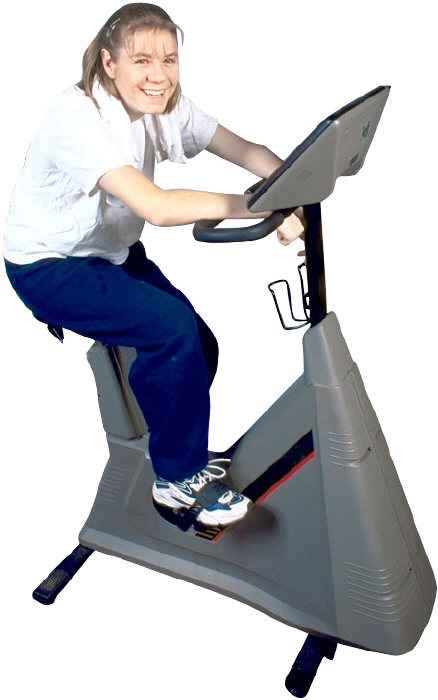|
 Knowledge gives a person many options for managing lupus and
they can then personally take charge of the effect this disease is having on their life.
Knowledge gives a person many options for managing lupus and
they can then personally take charge of the effect this disease is having on their life. |
| Return to Main Arthritis Page | |
Nutrient Associations
Vitamins:
|
RA-Kit (Rheumatoid Arthritis)
|
Amino Acids:
|
|
Nutrient Cofactors: |
|
Eat more sulfur-containing foods, such as asparagus, eggs, garlic, and onions.
Sulfur is a cofactor nutrient for the repair and rebuilding of bone, cartilage, and connective tissue, and aids in the absorption of calcium.
Eat more sulfur-containing foods, such as asparagus, eggs, garlic, and onions. Sulfur is a cofactor nutrient for the repair and rebuilding of bone, cartilage, and connective tissue, and aids in the absorption of calcium.
Lifestyle Changes
 Despite recent scientific evidence that regular physical activity has significant
physical and mental health benefits (such as outlined in the 1996 Surgeon
General's Report on Physical Activity and Health), millions of Americans remain physically inactive.
Despite recent scientific evidence that regular physical activity has significant
physical and mental health benefits (such as outlined in the 1996 Surgeon
General's Report on Physical Activity and Health), millions of Americans remain physically inactive. Avoid strong sunlight and use protection from the sun. Go out in the sun when only absolutely necessary.
Medical Options and Precautions
Avoid using birth control pills. They may cause lupus to flare up.
Up to 10% of lupus cases are probably caused by drug reactions, according to an article that was published in The New England Journal of Medicine. Certain drugs, such as hydralazine (Apresoline), a blood pressure medication and procainamide (Procan), used for irregular heartbeat, seem to be able to cause lupus in susceptible individuals. Drug-related lupus usually does not affect the kidneys or nervous system. It is likely to be milder, and the condition usually subsides when the drug is stopped.
Many people with lupus also have Raynaud's disease. Some have been treated for syphilis because the condition can lead to false positive blood test results.
Non steroidal anti-inflammatory drugs (NSAIDs) such as ibuprofen (found in Advil, Buprin, and numerous other products), indomethacin (Indocin), and piroxicam (Feldene) are commonly prescribed for relief of joint pain. Unfortunately, these drugs also can have side effects. At least 1 in 100 people who take NSAIDs on a regular basis for arthritis or lupus develops stomach ulcers or experiences severe gastrointestinal bleeding--effects that are potentially very dangerous.
 The U.S. Food and Drug Administration recently
estimated that as many as 200,000 cases of gastrointestinal bleeding,
including 10,000 to 20,000 deaths, occur each year in the United States as a result of non steroidal anti-inflammatory (NSAID) drugs prescribed for arthritis.
That converts to a 5% to 10% chance of DEATH. These drugs can also cause kidney or liver damage. According to a study reported in Annals of Internal Medicine,
the use of NSAIDs can lead to serious health problems if you have even mild kidney dysfunction.
The U.S. Food and Drug Administration recently
estimated that as many as 200,000 cases of gastrointestinal bleeding,
including 10,000 to 20,000 deaths, occur each year in the United States as a result of non steroidal anti-inflammatory (NSAID) drugs prescribed for arthritis.
That converts to a 5% to 10% chance of DEATH. These drugs can also cause kidney or liver damage. According to a study reported in Annals of Internal Medicine,
the use of NSAIDs can lead to serious health problems if you have even mild kidney dysfunction.If you use ibuprofen, or other nonsteroidal anti-inflammatory drugs (NSAIDs), avoid sodium (salt), which causes water retention. Spread doses of these medications out through the day, take them only after eating, and take an antacid an hour after taking the drug. Ask your health care provider about a protective agent to take along with the NSAID, especially if you are over sixty-five or have had previous gastrointestinal bleeding.
Aspirin has also been proven to cause gastrointestinal bleeding and ulcers. Acetaminophen (sold as Tylenol, Datril, and others) may be a better medication for osteoarthritis than NSAIDs or Aspirin. In many cases, it may be able to relieve the pain of osteoarthritis as well as ibuprofen. Acetaminophen is relatively safe and inexpensive. However, it is important not to exceed the recommended dose of acetaminophen, and it should not be used by persons who consume alcohol. If taken in excessive amounts or in combination with alcohol, the drug can cause liver damage.
Drugs do not always help everyone. Some people who use drugs obtain only partial relief.